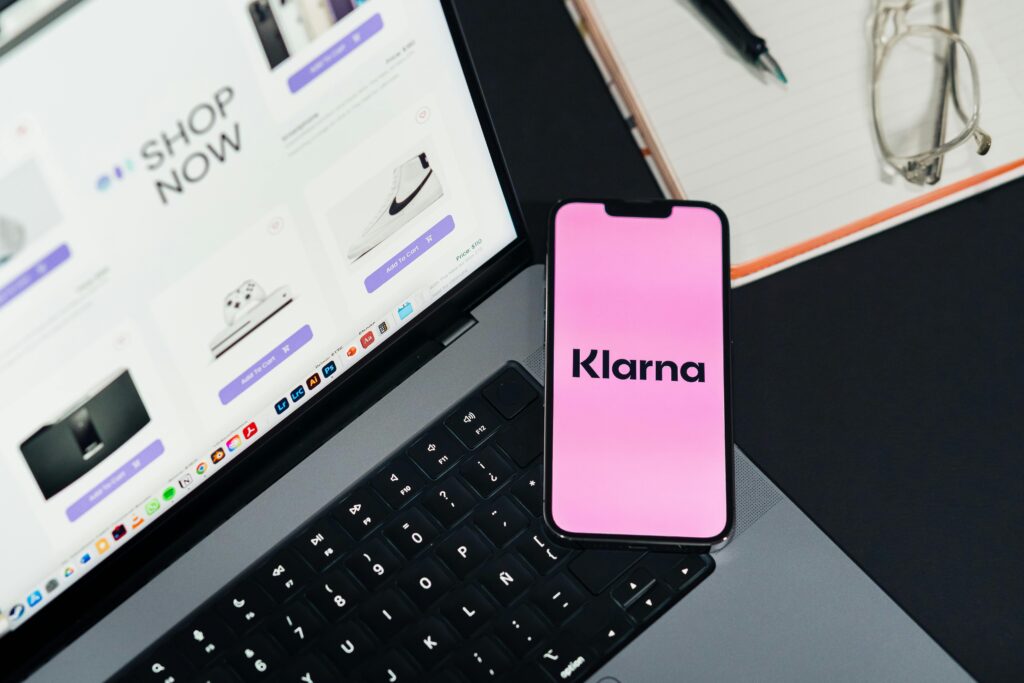9/10 marketers believe experimentation is ‘essential’ in 2024

Author
Tim Axon
Published
According to a recent report by one of our key experimentation partners, Optimizely, nearly nine out of ten UK marketers believe that experimentation is essential for achieving their goals in 2024. Despite this, there is a realisation that current methods are often lacking; 20% of marketers feel their experimentation approach is ineffective, and 23% describe it as unsophisticated.

The barriers
The barriers to effective experimentation are significant but not insurmountable. The report highlights several common challenges:
- Lack of budget: Almost half of the marketers (43%) cite this as a major obstacle.
- Lack of resources, time, and focus: This affects 39% of respondents.
- Ineffective tools or technology: A problem for 25% of marketers.
- Silos between teams: Another issue for 25% of marketers.
- Small scale of experiments: An impediment for 18%.
To navigate these challenges and leverage the power of experimentation, pragmatic solutions are key.
1. Lack of Budget
Solution: Be Smart and Lean
- Optimise Impactful Areas: Focus experimentation efforts on areas that will make the most significant difference. Prioritise high-impact experiments that can drive noticeable improvements in key metrics.
- Cost-Benefit Analysis: Use data-driven insights to ensure that every experiment is worth the investment. This approach ensures that you get the maximum return on your limited budget.
- Incremental Investments: Start small and scale. Small, successful experiments can build the case for additional budget allocation.
2. Lack of Resources, Time, and Focus
Solution: Work with an Experimentation Specialist
- Leverage Expertise: Partner with external experimentation experts who bring in specialised knowledge and proven strategies. Their insights streamline processes and improve outcomes.
- Efficiency Gains: Experts can set up and run experiments more efficiently, freeing up your internal team to focus on other critical tasks.
- Revenue Justification: The increased revenue and improved metrics driven by successful experiments far exceed the cost, making it a smart investment.
- Ineffective Tools or Technology
Solution: Become Technology Agnostic
- Technology Agnostic Approach: Choose an experimentation partner who is not tied to a specific technology stack. This ensures that you can use the most relevant and effective tools for your needs.
- Tool Evaluation: Your partner will help assess and integrate the best tools and technologies that align with your experimentation goals, ensuring you are not held back by subpar solutions.
- Continuous Optimisation: Regularly review and update your technology stack to stay ahead of the curve and ensure optimal performance.
4. Silos Between Teams
Solution: Build a Culture of Experimentation
- Unified Approach: Collaborate with an experimentation specialist to foster a company-wide culture of experimentation. This approach is proven to break down silos and encourages cross-functional collaboration.
- Shared Goals: Establish common goals and KPIs for all teams involved in experimentation, ensuring everyone is working towards the same objectives.
- Regular Communication: Promote regular communication and knowledge sharing between teams to ensure that insights and learnings from experiments are disseminated across the organisation.
5. Small Scale of Experiments
Solution: Scale Efficiently
- Rapid Scaling: Work with a specialist that has a track record of scaling experiments quickly and effectively. The key is streamlining the scaling process and ensuring cost-efficiency.
- Framework Development: Develop a scalable experimentation framework that allows for easy replication of successful experiments across different channels and campaigns.
- Resource Optimisation: Utilise external resources and tools to run larger-scale experiments without overburdening your internal teams.

The Only Source of Knowledge is Experience
As Albert Einstein once said, “The only source of knowledge is experience.” By addressing the common barriers to experimentation with these pragmatic solutions, brands can foster a culture of continuous improvement and innovation. Shifting experimentation from a tool into a mindset will ultimately help the 9/10 marketers realise the full potential of experimentation this year.











